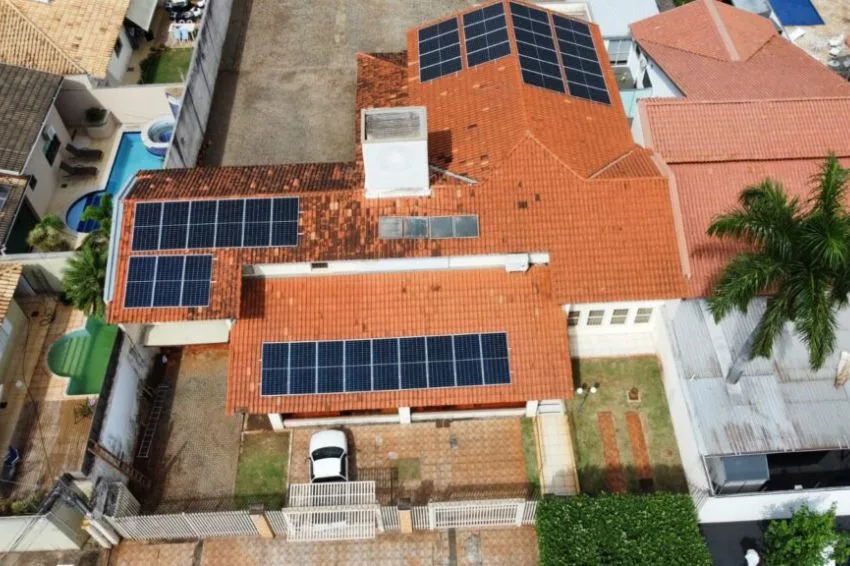O financing of solar energy systems, whether through public, private banks or other financial institutions, has a role fundamental to the growth of the sector, since it is through him that Most Brazilian consumers are able to access technology.
However, for a person to have access to this advantage, You must have credit approved by the institutions that offer such a benefit. This is where the biggest problem lies, since In many cases the request ends up being rejected.
In this sense, to resolve integrators' doubts about how to increase the chances of a client's financing being approved, the Solar Channel held, on Tuesday (13), a webinar with Carlos Bouhid, founder and CEO of Sunny, to talk and give tips on the subject.
According to the executive, the main reasons that lead a client to have their project rejected by financial institutions are:
- Low credit score
- Payments not honored by the consumer
- Income incompatible with the financing request
- Low customer relationship with the market
- Lack of clarity from the integrator regarding the documents presented
“When you present your client to the financial institution, you need to make sure about the client's information so that outdated or misleading information is not sent, such as inflated income and revenue”, highlights Bouhid.
Furthermore, he highlighted that it is very important that such information is clear so that institutions can, in fact, get to know their client and verify the veracity of this information.
“It is essential that the company that is requesting progress for its client has prior knowledge about him so that it can present him to the financial institution – which, in turn, can verify whether he is capable of making the investment, if has a good payment history and will be able to honor the debt that is being taken out”, he pointed out.
The executive also explains that the integrator needs to pay attention to market numbers and understand what his client's profile is, since, currently, around 77.5% of Brazilians are in debt and 6.3% are in default.
According to him, understanding the client's reality is fundamental to creating commercial strategies that help increase the chance of approval of a project, such as increasing the financing installments if the amount is equal to or greater than 30% of the client's monthly income. .
Another tip cited by Bouhid is to include a guarantor in the business, ensuring greater security for the operation and increasing the chances of approval for financing by up to 100%.
The guarantor, in a simplified way, is the person who accepts the responsibility to pay a loan or financing that was requested by another person. In other words, if the person who requested the credit does not pay, the guarantor assumes the payment of the debt owed by someone else.
“This is a good strategy, because the guarantor becomes a person co-responsible for that payment. He is a joint debtor of the financing. In other words, when you place a guarantor in the business, you have a 'sort of' second person to cover that debt”, he highlighted.
In addition to ensuring greater security for operations, this guarantor can be used to compound the income of the requesting client.
“So, if that installment was too high for him, the placement of a guarantor, with the income of both (in the business), payment becomes possible. In this case, someone from the client's family may be included, such as their husband or wife”, he stressed.
Check out the full webinar:

















